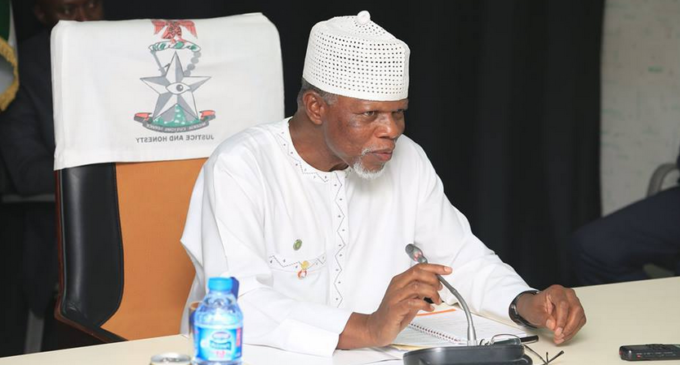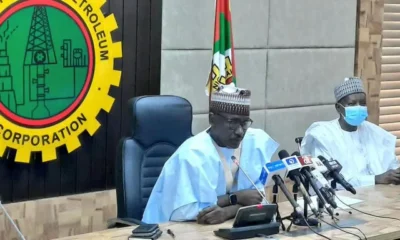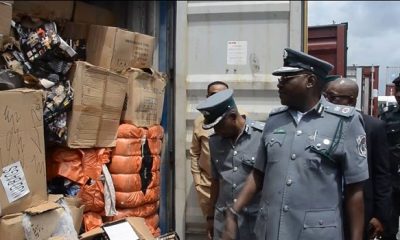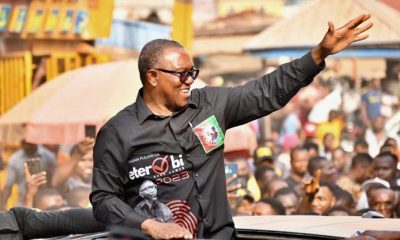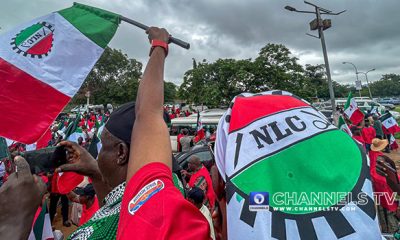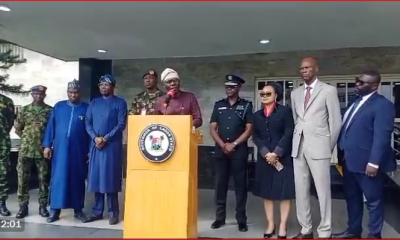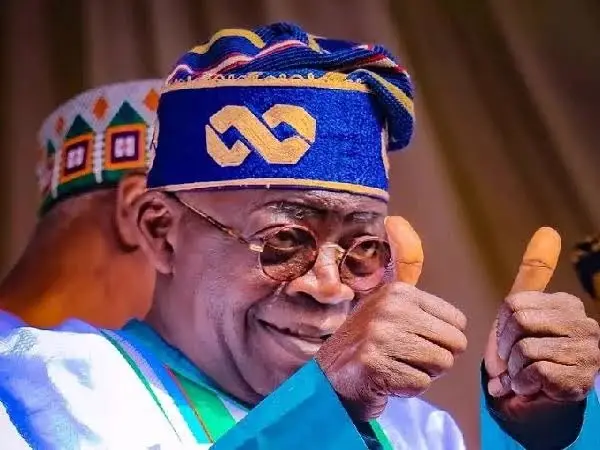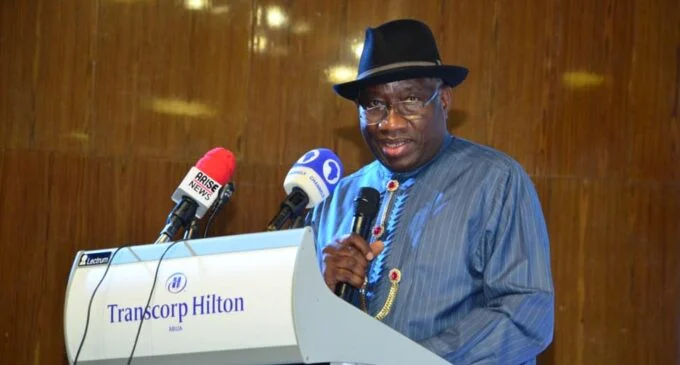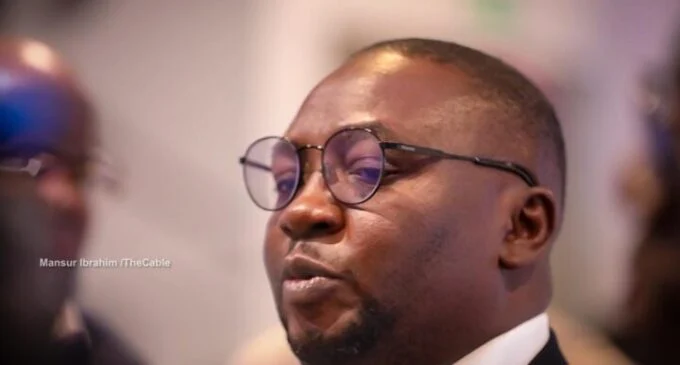The Nigeria Customs Service (NCS) has questioned claims by the Nigerian National Petroleum Company (NNPC) Limited that Nigerians consume “60 million litres of petrol daily”.
Hammed Ali, comptroller-general, Nigeria Customs Service (NCS), raised the question on Thursday during a session with the house of representatives committee on finance on the 2023-2025 medium-term expenditure frame and fiscal strategy paper (MTEF/FSP).
Ali said he wondered “why NNPC, which put Nigeria’s daily fuel consumption at 60 million litres, lifts 98 million litres into the market”.
Reacting to questions by the committee on the proposed subsidy spending for 2022, Ali said the issue is about the daily petroleum consumption estimations.
“I remember that last year, we spoke about this. Unfortunately, this year, we are talking about subsidy again. The over N11 trillion we are going to take as debt, more than half of it is going for a subsidy,” he said.
“The issue is not about the smuggling of petroleum products. I have always argued this with the NNPC. If we are consuming 60 million litres of PMS per day by their own computation, why would you allow the release of 98 million litres per day? If you know this is our consumption, why would you allow that release?
“Scientifically, you cannot tell me that if I fill my tank today, tomorrow, I will fill the same tank with the same quantity of fuel.
“If I am operating a fuel station today and I go to Minna depot, lift petrol and take it to Kaduna, I may get to Kaduna in the evening and offload that fuel. There is no way I would have sold off that petrol immediately to warrant another load.
“So, how did you get to 60 million litres per day? That is my question. The issue of smuggling, if you release 98 million litres in actual and 60 million litres are used, the balance should be 38 million litres. How many trucks will carry 38 million litres every day? Which road are they following and where are they carrying this thing to?”
The comptroller-general said the customs is doing its best to fight against smuggling, adding that more support, collaboration and provision will go a long way.
He also explained that the service was not remitting its operating surplus of seven percent because it is used for operations and payment of its staff members’ salaries.
“Nigeria Customs Service is the only organisation today that has to fight to collect revenue. It is the only organisation that losses its men in the course of collecting revenue and enforcing anti-smuggling provisions,” he added.
“It is the only organisation that raises its funds on a regular basis.
“As a result of this, the government agreed to give us a seven percent cost of collection. By my understanding, the cost of collection is paying for our labour. That is what we live on, that is what we use to pay our salaries, and fund our capital and overhead. That is our sole income.
At the session, the lawmakers also queried the sums of N6.7 billion spent on legal matters out of N7.5 billion approved in the 2021 appropriation act, as well as the N9.2 billion proposed in the 2023 budget.
Justifying the expenditure, Alli explained that the service wrote the presidency for a virement of N4 billion to cater for pending legal debts.
He added that inadequate funds may cause the service to pay as much as N20 billion for a suit of N3 billion for default.
On his part, Saidu Abdullahi, deputy chairman of the committee, said about 500 trucks with 70,000 litre-capacity each are needed to ferry the 38 million excess litres.
Abdullahi said he wondered “if the Nigerian Communications Satellite (NIGCOMSAT) had at any time captured images of trucks leaving our shore”.
He described subsidy payment as a scam, adding that it constitutes a drain on the economy.
“If there is anything that has constituted a nuisance and has become a drain on the economy today, it is this issue of subsidy,” Abdullahi said.
“As a government, we have not done well. We owe it to the people of this country to do what is right for this country. We are talking about over N6 trillion going for subsidy payment that almost doesn’t exist.
“You talk about 38 million litres which amount to about 500 trucks leaving our shores on a daily basis. We have an investment in NIGCOMSAT. Has there been any time that our satellite captured images of trucks leaving our shore?
“I think it is very clear that what is required is the political will to put a halt to this.
“Considering the importance of the inter-dependence of these two arms of government, I think we should work together to put a halt to this. Posterity will be kind to us if we are able to proffer a lasting solution to this issue of subsidy because it is not sustainable.
“We talk about insecurity. This is the real course of it. The money that is supposed to go into the provision of social amenities is going into private pockets. I think there is a need to work together to put a halt to this.”

 News3 years ago
News3 years ago
 Entertainment2 years ago
Entertainment2 years ago
 News3 years ago
News3 years ago
 Privacy3 years ago
Privacy3 years ago
 Sports2 years ago
Sports2 years ago
 Entertainment2 years ago
Entertainment2 years ago
 News3 years ago
News3 years ago
 Opinion3 years ago
Opinion3 years ago
